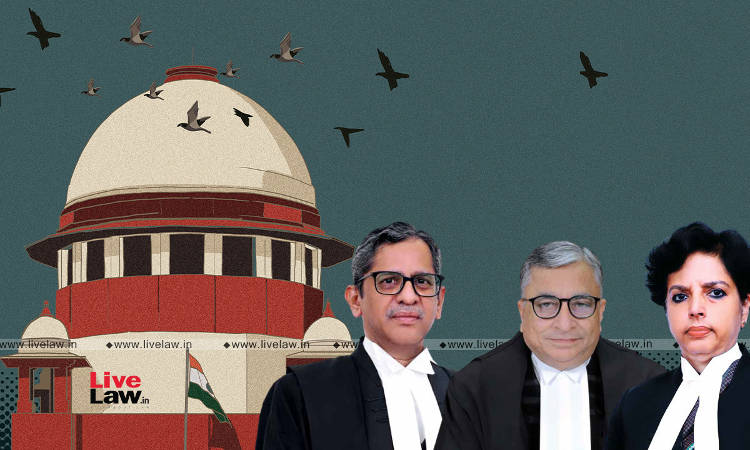Inherent Power U/Sec 151 CPC Can Be Invoked Only When Alternate Remedies Do Not Exist: Supreme Court
LIVELAW NEWS NETWORK
23 Aug 2022 6:30 PM IST

Next Story
23 Aug 2022 6:30 PM IST
The Supreme Court observed that the inherent power under Section 151 of the Code of Civil Procedure can be invoked only in circumstances where alternate remedies do not exist."Such inherent power cannot override statutory prohibitions or create remedies which are not contemplated under the Code. Section 151 cannot be invoked as an alternative to filing fresh suits, appeals, revisions,...
